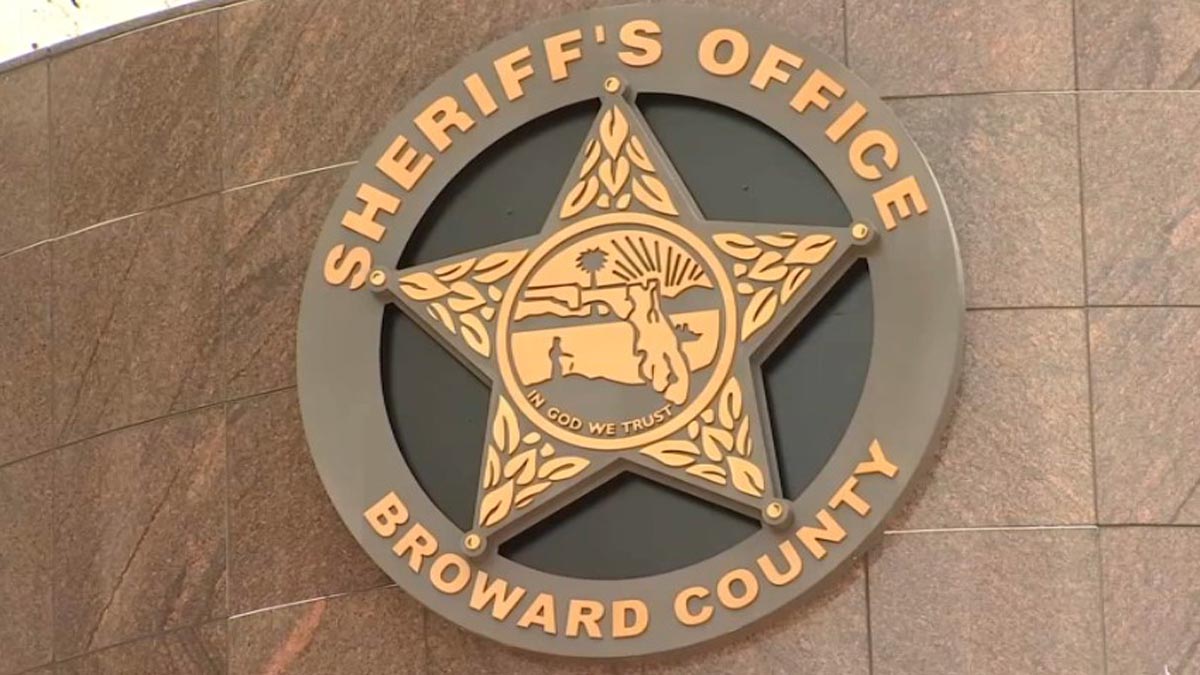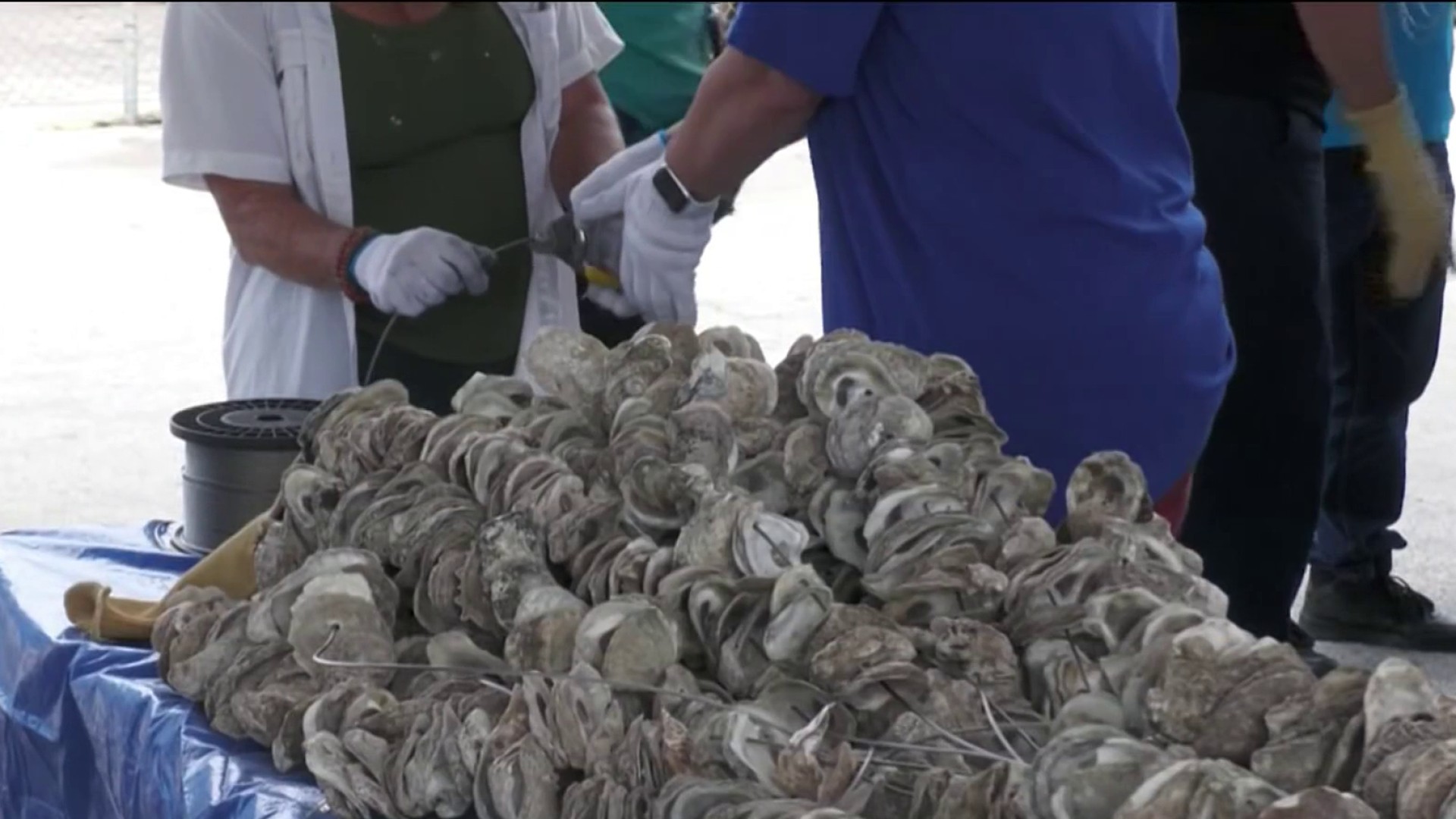A former Sweetwater police officer was executed Tuesday for the murder of nine people in a 1986 rampage over three months.
Jackie Schutz, a spokeswoman for Gov. Rick Scott, said officials pronounced 56-year-old Manuel Pardo dead at 7:47 p.m. Tuesday shortly after the lethal injection process began at Florida State Prison in Starke.
The execution was set for 6 p.m., but it was delayed while waiting for the U.S. Supreme Court to make a decision on his final appeals. The court rejected them without comment, allowing the execution to go on.
Ann Howard, a spokeswoman for Florida's Department of Corrections, said that Pardo visited with eight people Tuesday. He also met with the prison chaplain and a Roman Catholic bishop.
Pardo apologized to his family in his last statement.
"I want to apologize to my family for the pain and grief I have caused all of you, having to undergo this ordeal," he wrote by hand in the statement, which the Department of Corrections provided to the media. "You are all so loving and wonderful, not deserving of this nightmare."
Pardo requested Cuban food for his last meal, including white rice with pinto beans, roasted pork chunks/pork chops, fried plaintains and Cuban coffee, the Florida Department of Corrections said.
Local
A federal judge denied Pardo's request for a stay Monday.
Officials said most of Pardo's victims were involved with drugs. Pardo contended that he was doing the world a favor by killing them in 1986.
"I am a soldier, I accomplished my mission and I humbly ask you to give me the glory of ending my life and not send me to spend the rest of my days in state prison," Pardo told jurors at his 1988 trial.
In his last statement, he sought "to set the record straight" about his victims.
"I accept full responsibility for killing the 6 men, but I never harmed those 3 women or any female," Pardo wrote. "I took the blame as I knew I was doomed and it made no difference to me, at the time, having 6 or 9 death sentences. I don't want this hanging over my head, especially these last few minutes of life, because my war was against men who were trafficking in narcotics, and no one else!"
Pardo also discussed the New York Yankees, Giants and Jets, before closing by asking his family to not suffer and be strong.
"I've made my peace with God and now accept the consequences of my actions," he wrote.
Pardo's attorneys tried to block his execution, arguing in federal appeals that he is mentally ill, something his trial attorney believed more than two decades ago.
The Archdiocese of Miami was holding a vigil at St. Mary Cathedral opposing the death penalty at the same time Pardo was scheduled to be executed.
“We feel that certainly someone who has committed such a heinous crime, and Mr. Pardo has agreed that he has done that and has confessed that he has done that, but we the Catholics of South Florida feel that he should be allowed to live out his natural life behind bars for the rest of his life, but not to be executed," Archdiocese spokeswoman Mary Ross Agosta said.
Pardo was dubbed the "Death Row Romeo" after he corresponded with dozens of women and persuaded many to send him money.
Regino Musa, the brother of one of Pardo's victims, said it's difficult to grasp that the execution will finally happen. He and his elderly mother plan to attend.
"It's about time. It's been so long, you just want to get it over with," said Musa, whose sister, Sara Musa, was killed by Pardo. "I still have nightmares and I don't have words to describe it. I can't believe that it's happening."
Pardo, a former Boy Scout and Navy veteran, began his law enforcement career in the 1970s with the Florida Highway Patrol, graduating at the top of his class at the academy. But he was fired from that agency in 1979 for falsifying traffic tickets. He was soon hired by the police department in Sweetwater, a small city in Miami-Dade County.
In 1981, Pardo was one of four Sweetwater officers charged with brutality, but the cases were dismissed.
He was fired four years later after he flew to the Bahamas to testify at the trial of a Sweetwater colleague who was accused of drug smuggling. Pardo lied, telling the court they were international undercover agents.
Then over a 92-day period in early 1986, Pardo committed a series of robberies, killing six men and three women. He took photos of the victims and recounted some details in his diary, which was found along with newspaper clippings about the murders. Pardo was linked to the killings after using credit cards stolen from the victims.



